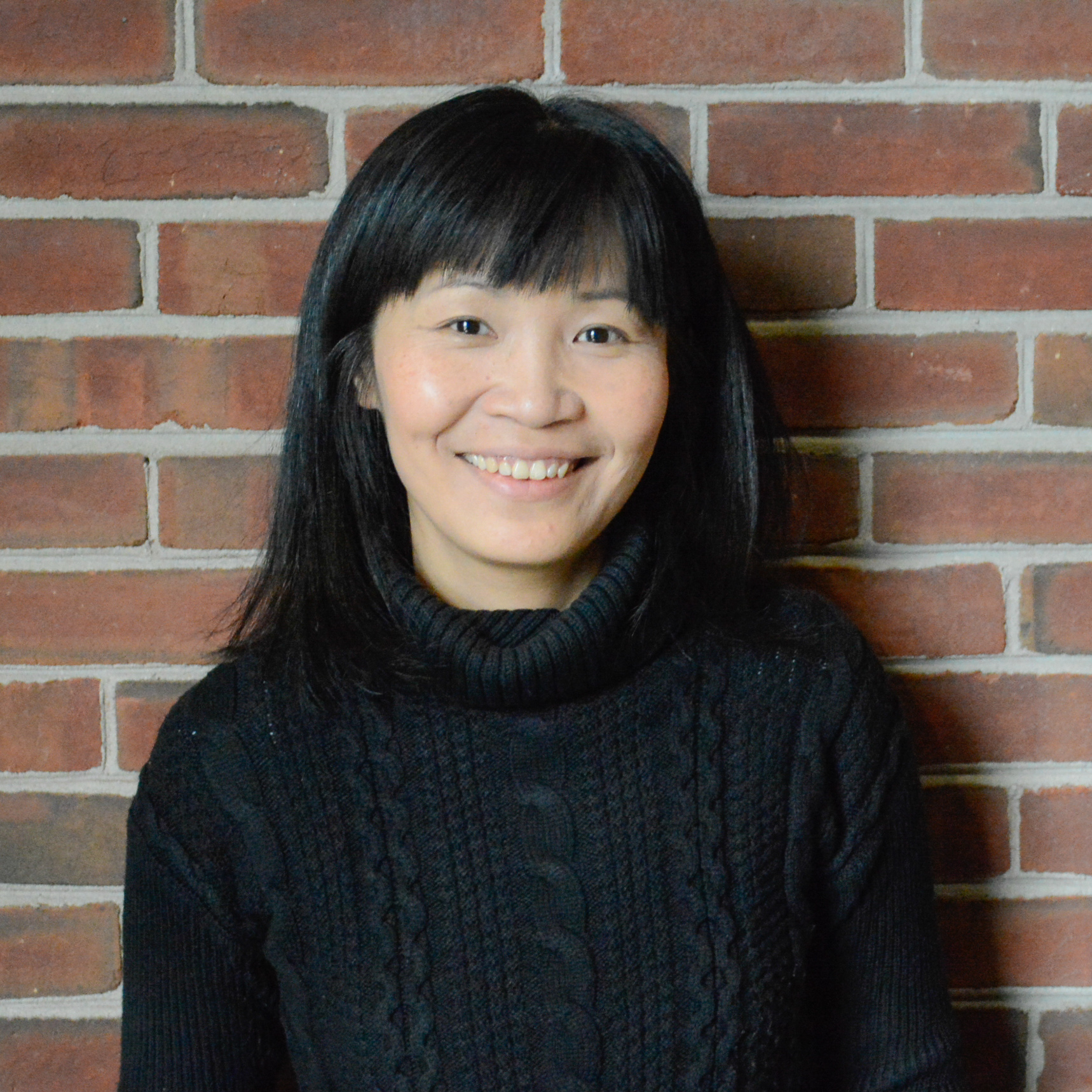
Hu, Ming
Brain and Behavior Institute
Civil and Environmental Engineering
Ming Hu is an Assistant Professor at the School of Architecture, Planning and Preservation, University of Maryland, USA. She teaches technology courses which focus on the integration of architectural design with structural, materials, and building performance assessment.
She has an extensive background in high-performance building design and life cycle assessment and has engaged in applied building technology research for over 14 years. Her research activities centers on questions of how, and why, sustainable building design and construction affect energy/resource conservation, environmental and human health, and to understand how the (smart) technologies might be employed to reduce the impact from buildings.
Professor Hu has published in over fifty research paper, and has lectured widely in North America, Europe, and Asian. She is a visiting research fellow at the Tampere University in Finland as a Fulbright recipient (2020-21). Her first book, titled Net Zero Building: Predicated and Unintended Consequences, was released in April 2019 through Routledge. Her second book: Healthy Built Environment and Smart technologies was published in September 2020.
She is the board member of the Architecture Research Center Consortium (ARCC), and the Building Technology Educator Society (BTES).She also served on the National Committee of the International Code Council and on the Maryland Green Building Council.
ARCH 462 – MATERIAL AND METHOD OF BUILDING CONSTRUCTION (Fall 2016, 2017, 2018)
Building Construction methods and materials are examined through case studies to explore the means and techniques applied to the material execution of buildings and BIM (Building Information Modelling). Focus on an understanding of the organization of the design and construction process and awareness of building and zoning codes, material systems and types, as well as sustainable practice.
ARCH 464 – ARCHITECTURE STRUCTURE I (Fall 2016, 2017, 2018)
This course covers the basic principles of architectural structures, including the influence of geometric, sectional, and material properties related to flexure and shear in beam and framed systems; vector mechanics with application to analysis of trusses, catenaries, and arches; diagrammatic analysis of beams for bending moment, shear, and deflection as well as the study of structural framing systems for vertical and lateral loads.
ARCH 465 – ARCHITECTURE STRUCTURE II (Spring 2017, 2018)
This is the second course addressing architectural structures in the architecture program. The subject matter will progress from the material presented in ARCH 464 by investigating the design and analysis of structural systems through load tracing, holistic structural behaviour, the properties and design potentials of various materials, and the relationship between the superstructure and the exterior envelope.
ARCH 688A: Carbon Neutral Development Through Net Zero and Net Impact Building Design (Spring 2017, 2019, Summer 2018)
Knowledge about the relations between built environment development and global and local challenges, such as climate change, resource depletion, environmental impact, justice and health, is of key importance to move towards sustainable development and resilient built environment. This course takes a trans-disciplinary approach to understanding built environment questions. Urban possibilities and challenges are analyzed by using a systems approach where energy, ecological, social, and economic aspects are integrated through a technologic-ecological perspective. Linkages between and perspectives from engineering, science, social-sciences, and practice are emphasized throughout the course. The course will examine the value and limitations of a series of real world case studies. Students will also have face-to-face collaboration opportunities with international students abroad.